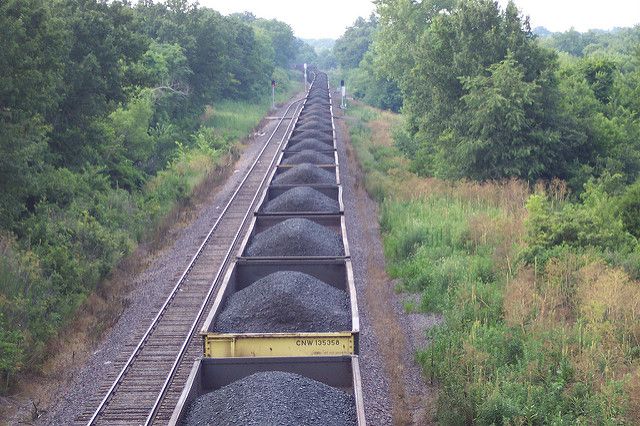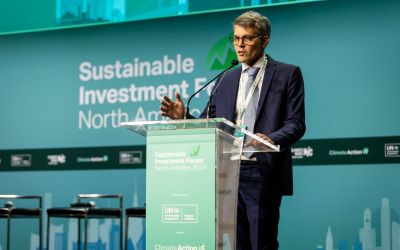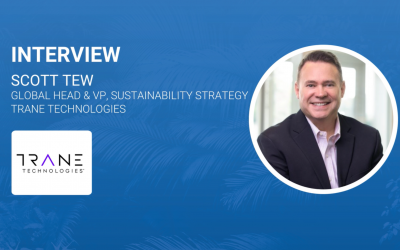Lloyd’s Bank to ditch financing new coal plants
The Lloyd’s Banking Group has announced a new policy to stop funding coal-related projects.

The Lloyd’s Banking Group has announced a new policy to stop funding coal-related projects.
The show of support for the low-carbon economy will see the bank refuse to finance new clients whose revenues predominantly come from coal power plants and mines.
However, the bank will continue to work with existing clients involved in the coal industry and the policy does not address other areas of concern, such as tar sands production.
The decision follows its Clean Growth Finance initiative, announced earlier this year, in which the bank pledged £2 billion in discounted lending "to help businesses invest in reducing their environmental impact.”
The policy matches an overall trend in the banking industry to distance itself from coal, following in the footsteps of other major UK banks, such as HSBC and The Royal Bank of Scotland.
“We are already committed to supporting businesses that are leading the way by investing in renewable energy and a cleaner future, including those that are diversifying their business models away from fossil fuels,” said David Oldfield, group director at Lloyd’s.
“To achieve the aims set out in the 2015 Paris Agreement, continued reduction in the amount of coal mined and used to generate electricity is needed. This announcement reiterates our commitment to support the transition.”
Lloyd’s Bank has made strides in recent years to promote the low-carbon economy. In 2016, the bank established a £1 billion dollar green fund for commercial real estate and energy efficiency improvements.
An ongoing partnership with the University of Cambridge’s Institute for Sustainability Leadership aims to train managers on how to assist companies on the low-carbon transition. It also has a separate commitment to help power 5 million British homes with renewable energy by 2020.
These initiatives mark steps in the right direction for the company, which in 2017 was listed by campaign group ShareAction as being one of the least responsive banks in Europe to climate change.
Photo Credit: Scott Granneman/CC






